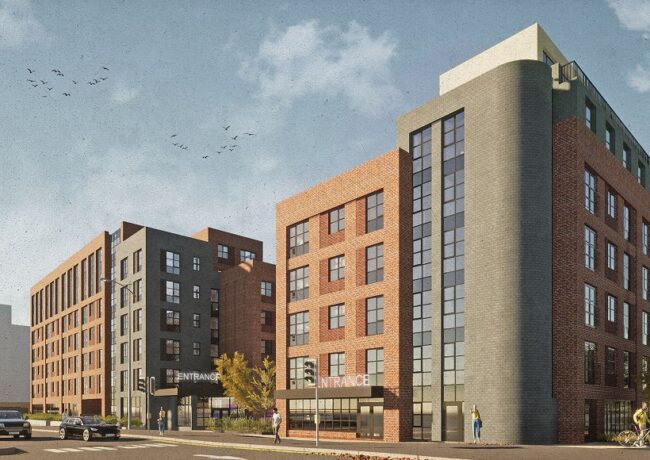Investors widen definition of prime, says JLL
Paul Guest, head of Jones Lang LaSalle's EMEA Research team, told a seminar at The Lowry hotel in central Manchester this morning that UK and German funds are gradually starting to become a little less picky about investment targets.
Addressing around 150 guests at the breakfast seminar, Guest said: "Strong investor demand continues and UK prime yields have now fallen 106 basis points overall since their high in June 2009. As yet the downward yield shift in the market has not resulted in an influx of stock onto the market."
Guest continued: "Investment demand for offices outside Central London is primarily derived from UK and German funds, but continues to be frustrated by the lack of available Grade A investment product. We are seeing some investors moving up the risk curve, not into secondary stock however but the definition of prime is now widening.
"Given the weak economic outlook there are many areas and sectors where rental growth is a long way off. Investors need to be cautious and be aware of the risks that remain in the occupational markets. There is more stock coming to the market and I expect the balance between buyers and sellers to shift later in the year."
JLL's Quarter 1 2010 UK Real Estate Investor Confidence Sentiment Survey illustrated the increasing confidence amongst commercial property investors. The survey found that nearly 55% of the respondents are more positive about the next 12 months and nearly 70% of those surveyed expected total returns for 2010 to be higher than the 3.4% recorded in 2009.
Speaking about the prospects for the UK healthcare sector, Phil Hall, head of healthcare at Jones Lang LaSalle, added: "Healthcare has fared far better than many other property investment sectors through the credit crunch and its overall fundamentals are compelling for the future given Britain's growing elderly population. With its combination of long leases and secure income streams the healthcare sector is increasingly attractive to investors and lenders who are seeking 'future proof' stock. Shortages of high quality stock (14/15 sq m rooms) combined with lower land and build costs means that the current market is creating opportunities for care home developers."
Steven Tasker, associate director in Jones Lang LaSalle's licensed leisure team in Manchester, said: "Hotel occupancy and room yield is showing signs of improvement in London and there are several trophy assets up for sale which have generated a lot of investor interest however it is a different picture in the North of England. Hotel room yields in 2009 were 15.8% lower in Manchester and 12.9% in Leeds. The economic climate has reduced the level of corporate business which is affecting 4 star hotels in particular; hence the lowering of room rates. This is unlikely to improve over the short term which is increasing the pressure on these hotel companies. Towards the other end of the spectrum the budget hotels are continuing to expand and there is still more room in the market for these types of chains in Manchester and Liverpool."



